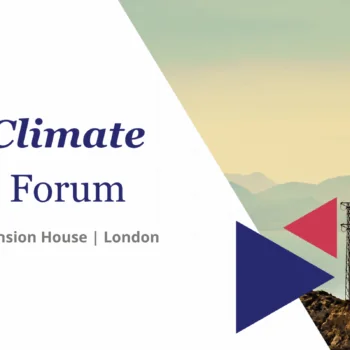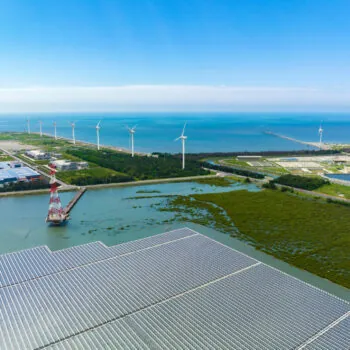Among the many achievements of the Paris Agreement is the fact that the direction of travel is now clearly set. Limiting global temperature rise to well below 2°C and pursuing efforts towards meeting a 1.5°C target means that global greenhouse gas emissions must peak ASAP.
When you want to reach a destination quickly it’s best to have a good plan for getting there. While the country contributions to the Paris Agreement focus mainly on efforts that will take place over the next decade or so, it also calls upon countries to formulate and communicate long-term greenhouse gas emission development strategies.
The momentum for these long-term climate plans is growing. In 2015 the G7 pledged to phase out emissions by the second half of the century, and followed up in 2016 by promising to develop and communicate mid-century greenhouse gas plans “well ahead of the 2020 deadline”. The US, Canada and Mexico have also agreed to work together and produce these plans through a regular trilateral dialogue.
Countries embarking on long term planning can draw from previous experience. In Europe there is an existing EU-wide plan and roadmap for 80% reductions by 2050 soon to be reviewed following the Paris Agreement. As part of the UK’s legally binding Carbon Budgets the UK Committee on Climate Change provides guidance on cost effective pathways to achieving the long terms objectives. Germany has published its own roadmap, Energiekonzept 2050, which has just recently been updated.
Finally, non-governmental organizations have been working with many countries to develop long-term plans through initiatives including the Deep Decarbonisation Pathways project which shows that significant cuts are possible by 2050.
Maximizing the benefits of the shift to a low carbon economy
If done well and with the aim of increasing ambition, the mid-century plans will be more than just an article in the Paris text; they can represent concrete action to deliver on Nationally Determined Contributions (NDCs) as well as on other foundational agreements like last year’s Sustainable Development Goals (SDGs). They can also offer a long term signal to investors about government policy. 2050 plans demonstrate a level of seriousness and credibility not only that the target is feasible but that governments are fully committed to what they signed up to last year.
Low carbon roadmaps are often framed by those opposed to climate action as an unnecessary constraint on economic growth. In reality long term plans are just the opposite: they are an opportunity to avoid unnecessary costs and maximize the benefits of the shift to a low carbon economy that is already underway by aligning climate strategy with longer term economic planning. They can also be used to integrate climate change planning with other environmental policies, like those aimed at limiting air pollution and protecting human health.
Low carbon roadmaps won’t just be beneficial for developed countries. With Paris on the books there will be an increasing role for and importance of providing technical assistance and climate finance to developing countries to help them integrate climate into their development plans. The G20 for example has recognized the need to scale up green financing globally, which will require clear policy signals and frameworks.
Mid-century strategies offer an important signal of the sustained commitment to climate action following the adoption of the Paris Climate Agreement. In the coming years all countries should be encouraged to seize the opportunity and steer more confidentially toward realizing a net zero emissions future.
On 20 September E3G and Climate Advisors are hosting an event at 5:00pm at the National Press Club in Washington, DC titled Mid-Century Climate Strategies: What Post-Paris Ambition Means to the United States, Germany and Canada. It will be an opportunity for a discussion with senior government leaders from the United States, Germany and Canada on the transatlantic vision for post-Paris climate ambition.
If you’re in Washington DC we hope you can join us for the event. For more details email Taylor Dimsdale


